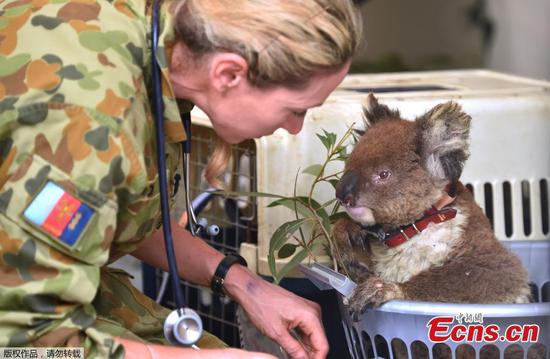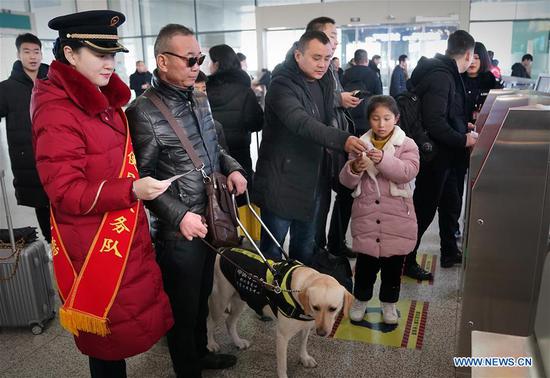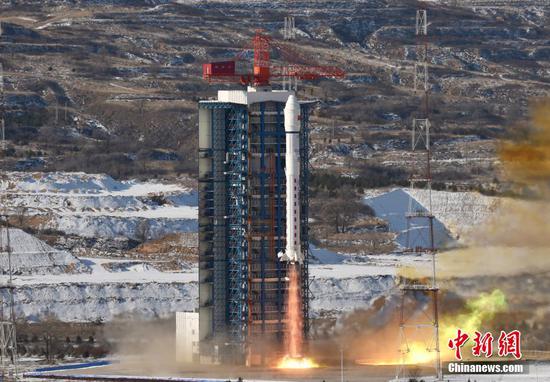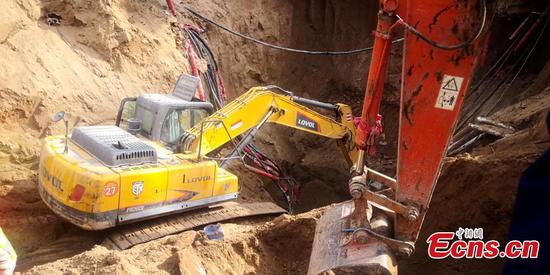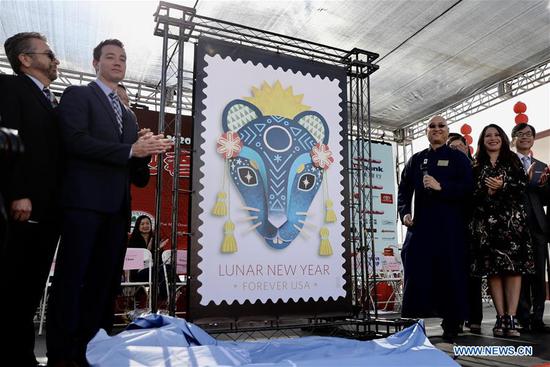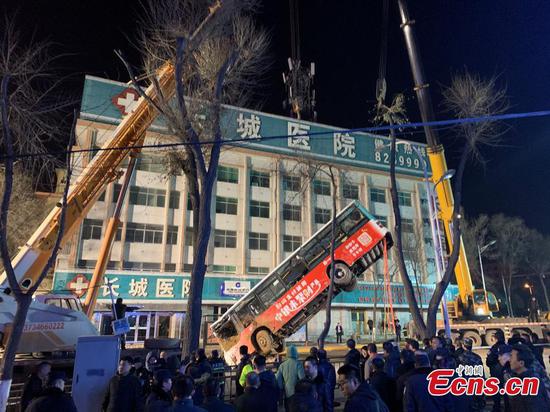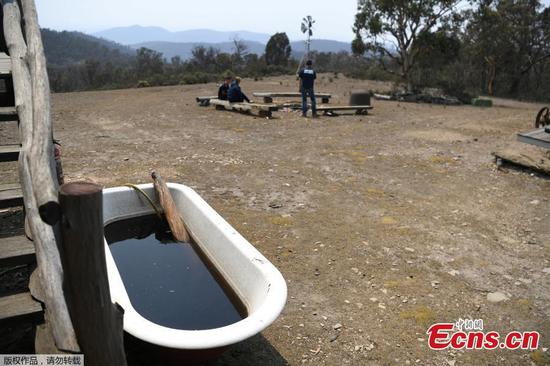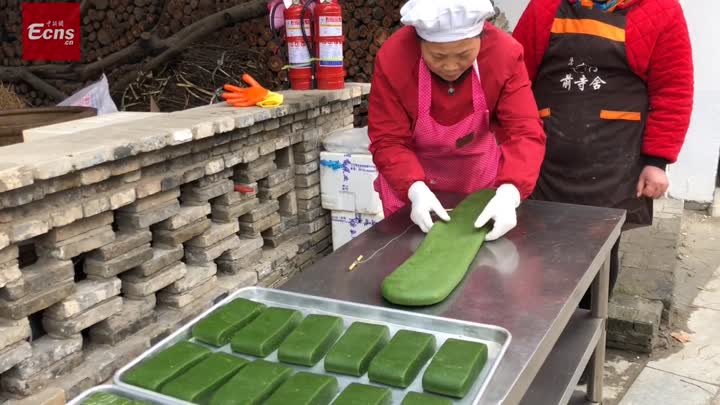China's capital city will improve the doctor-patient communication mechanism to ensure the safety of medical staff and create an orderly hospital environment, according to Mayor Chen Jining.
In his government work report delivered at the annual session of the municipal people's congress on Sunday, the mayor said the city will continue to advance the Healthy Beijing Initiative.
Protecting the safety of medical workers and maintaining an orderly hospital environment is one of the tasks of the initiative, which includes the building of a life-cycle health service system that shifts from disease treatment to health promotion. Medical professionals are important and indispensable builders of the initiative.
At the end of 2019, a case involving the murder of a doctor in a hospital in Beijing raised concerns among medical staff and the public. Yang Wen, who was working at the emergency room, was stabbed by Sun Wenbin, a patient's relative. The doctor later died from the serious injury to her neck.
Li Haichao, a Beijing political advisor and also vice president of Peking University First Hospital, said doctor-patient disputes may lead medical professionals to be disappointed, or even to quit their jobs, which will eventually affect the medical experience of patients and even the meeting of basic medical needs, thus having a serious adverse effect on the implementation of the Healthy Beijing Initiative.
After the accident, the Chinese Medical Doctor Association called for the protection of medical professionals.
Wang Zhen, an emergency specialist from Beijing Shijitan Hospital, has spent the past 31 Spring Festival holidays treating patients in the emergency room.
As the director from the department of emergency medicine and also a Beijing political advisor, she noted that medical safety not only involves the safety of patients, but also the safety of people who come to see and cure these patients.
She said hospitals are the homes of medical personnel, and they should be responsible for solving the emotional problems and guaranteeing the safety of the staff working there.
She asked, "If the safety of the medical staff is not guaranteed, where does the safety of patients come from?"
An orderly, safe and harmonious medical environment is not only one of the most important characteristics of a Healthy Beijing, but also a reflection of the city's image.
Ma Lishuang, a doctor with the Department of Pediatric Surgery under the Capital Institute of Pediatrics, said, "I think doctors are one of the kindest groups because they care for their patients and always try their utmost to cure them from the very beginning."
China's law on the promotion of basic medical and health care, which will take effect on June 1, stipulates that medical treatment centers are public places and no organization or individual may disturb their order.
Previously, hospitals in Beijing must first be responsible for the safety of their own medical professionals. After the law takes into effect, the public security organizations can intervene faster, said Li Haichao.
The law calls on the whole society to respect medical personnel, maintain the order of the medical environment, keep medical staff safe and jointly build harmonious doctor-patient relationships.
According to Li, it is necessary to improve the doctor-patient communication mechanism. More important still however is introducing the judicial intervention system into hospitals.
Li suggested that to better protect the safety of medical and health professionals, hospitals should establish a governance mechanism and clarify the respective responsibilities of hospitals, doctors and public security organizations.
In the future, there should be a police station at each hospital to safeguard against dangers and keep order, he added.














